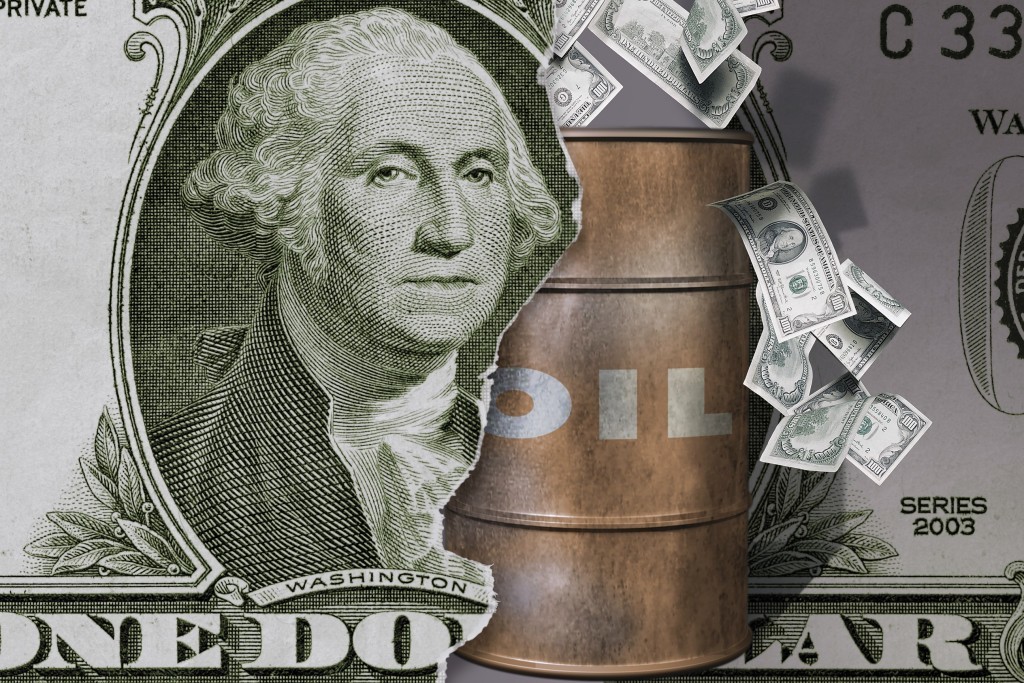
Oil held gains as Saudi Arabia’s energy minister said an output freeze would be positive for the market and after a report that Iran will participate in informal talks next month.
Futures were little changed in New York after rising 1.2 percent Thursday. A freeze will signify that producers are content with the current market situation, Saudi Arabian Energy Minister Khalid Al-Falih said, ruling out an output cut. Iran will participate in the discussions in Algiers, a state news service reported. Oil suppliers want a deal to manage production, OPEC’s Secretary General Mohammed Barkindo told Arabic-language newspaper Al-Hayat.
Oil entered a bull market Aug. 18, less than three weeks after tumbling into a bear market. Prices surged partly on speculation that informal discussions among members of the Organization of Petroleum Exporting Countries may lead to action to stabilize the market. A deal to freeze output was proposed in February, but a meeting in April ended with no final accord.
“While an agreement to limit production at current levels would largely be a symbolic gesture, judging by the market reaction to the announcement of these talks that might be enough to keep prices firm,” said Michael McCarthy, a chief market strategist in Sydney at CMC Markets. “The overhanging inventories and the agility of the U.S. shale producers will limit the topside to somewhere around $55 to $60 a barrel.”
West Texas Intermediate for October delivery was at $47.25 a barrel on the New York Mercantile Exchange, down 8 cents, at 1:24 p.m. in Hong Kong. The contract rose 56 cents to $47.33 on Thursday. Total volume traded was about 73 percent below the 100-day average. Prices are down 2.6 percent this week.
Brent for October settlement was 13 cents lower at $49.54 a barrel on the London-based ICE Futures Europe exchange. The contract increased 62 cents, or 1.3 percent, to $49.67 on Thursday. Prices are down 2.6 percent this week. The global benchmark crude traded at a $2.29 premium to WTI.
An “intervention of significance” is not required for the market, Al-Falih said in an interview Thursday in Los Angeles. Saudi Arabia will be willing to listen to other producers and what they have to offer when it comes to an output freeze, he said. The nation is OPEC’s biggest member.